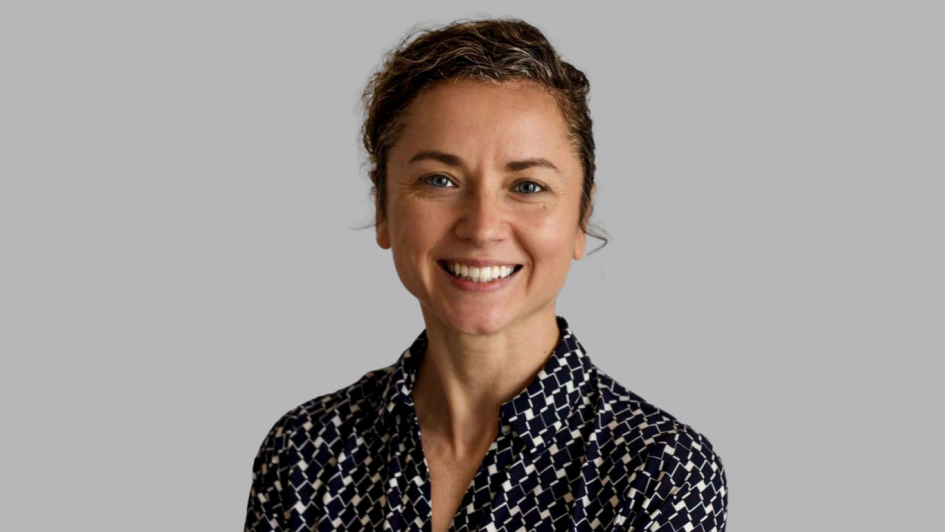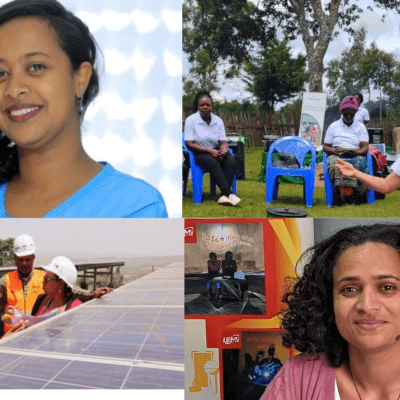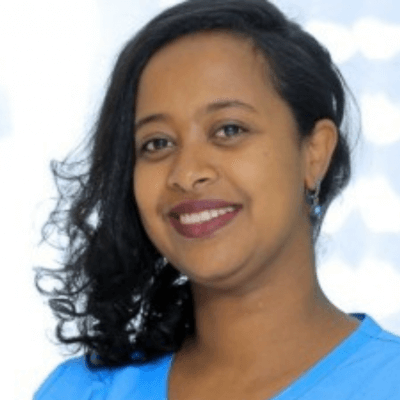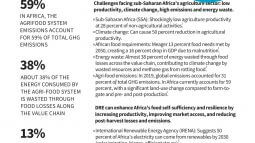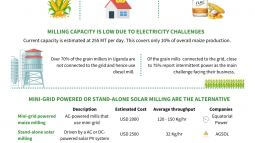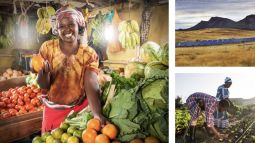Energy Access Has Declined for the First Time in Ten Years
Power for All Appoints Alba Topulli as New Chief Executive Officer to Lead the Fight Against Energy Poverty
New CEO to Propel Power for All's Global Mission in Combatting Energy Poverty
For campaign highlights and a look back on our work throughout the year, check out Power for All's 2022 Annual Report.
We are deeply grateful for our global network of supporters—everything we do is possible because of you. Together, we can #EndEnergyPovertyFaster.
Women working to create a more inclusive renewable energy space in East Africa
The renewable energy sector, a growing and innovative industry, is improving career opportunities for women and youth. Reliable and clean power also empowers female entrepreneurs to start businesses, further promoting diversity within communities. On International Women’s Day we want to take a moment to celebrate some of these successes, focusing on East Africa and what these amazing women have achieved. The energy transition is more than a technological shift; it's a chance to enhance social and economic inclusivity. This year’s theme, Accelerate Action, stresses the importance of taking swift and decisive steps to achieve gender equality.
From Obstacles to Opportunities: Ethiopia’s Movement Towards Diversity in Renewable Energy
The journey towards a diverse workforce in the renewable energy sector is filled with obstacles. However, thanks to the tireless work of organizations such as the Ethiopian Women in Energy Association (EWiEn) and SHEnergy, leaders like Lewam, and their collaborative partners, the vision of a sustainable and equitable future is increasingly within reach.
Female Micro-preneurs Fighting Poverty with Clean Energy
How can women in India and Nepal be empowered as micro-entrepreneurs to combat poverty, promote gender equality, and increase access to renewable energy?
Distributed Renewable Energy (DRE) can revolutionize Africa's agricultural sector, creating a sustainable, low-emission food system. This transformation can combat climate change, enhance food security, and reduce income inequality.
The COP29 summit in Baku highlighted significant gaps between climate ambitions and real-world outcomes, focusing on the New Collective Quantified Goal (NCQG) for climate finance. Despite raising the annual climate finance target to $300 billion, the amount falls far short of the $3 trillion needed annually for a global low-carbon transition. The summit's outcomes were criticized for insufficient transparency, inefficiencies in fund deployment, and disproportionate influence from 1,770 fossil fuel lobbyists overshadowing climate-vulnerable nations. Key challenges include bureaucratic delays, opaque financial tracking, and inadequate representation of underprivileged nations in negotiations. Critics emphasized the need for stringent conflict-of-interest policies to curb fossil fuel lobbying, alongside transparent Key Performance Indicators (KPIs) to ensure accountability in climate finance. While the NCQG presents an opportunity to mobilize global partnerships and private investment, its success hinges on equitable representation, robust monitoring, and effective disbursement. Without these, COP risks failing to meet its mission of achieving meaningful climate action.
Check out our Resources section for more reading
Maize ranks prominently among Uganda's principal agricultural outputs, yet its milling capacity languishes, hampered by pervasive electricity constraints. In this infographic, explore the emergence of mini-grid powered and stand-alone solar milling.
Sign up to receive our newsletter & occasional updates about our campaign and the progress being made in the DRE sector.
The modern, fossil-fueled agrifood system is a significant contributor to climate change, accounting for a third of GHG emissions. Its dependence on fossil fuels, combined with inequitable access to resources, renders it unsustainable.
(We won’t share your info, and you’re free to opt out anytime. See our Privacy Policy for details.)

